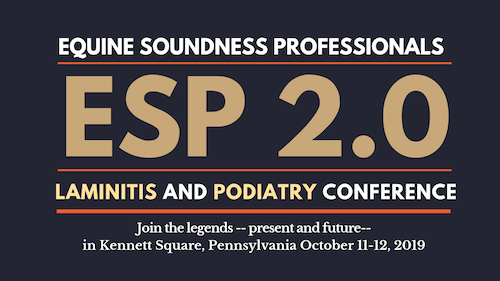News flash: Dr. Agne, an up-and-coming two-year-old racehorse named for the late equine podiatry veterinarian Bob Agne of Rood & Riddle Equine Hospital, made his second career start on Thursday, August 28 in the Grade 3 With Anticipation Stakes at 1 1/16 miles at Saratoga.
You didn’t have to be a racing fan to want this horse to win at Saratoga today. You just had to hear his story.






















